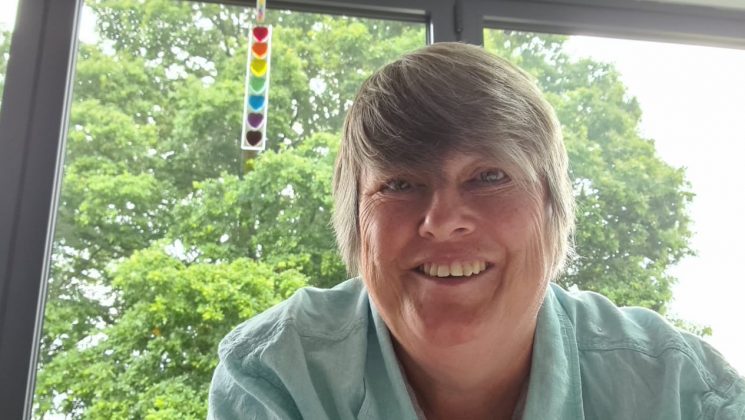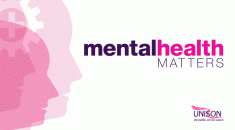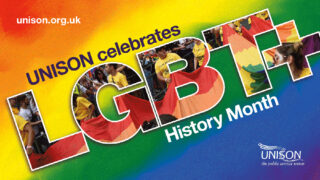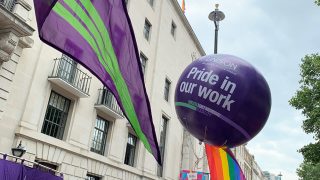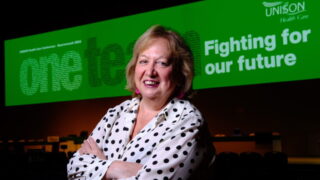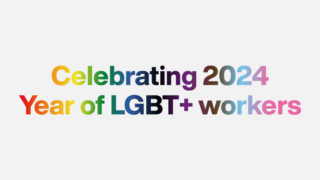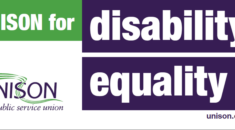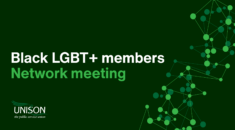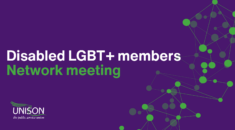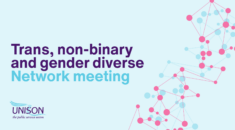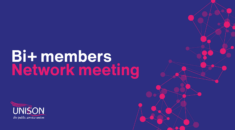COVID-19 has meant it’s a pretty scary time to be a human. Add into the mix being LGBT+, Black, disabled and/or a woman and life can be even more difficult.
And because of prejudice and discrimination, people from the LGBT+ community are more likely to experience mental health problems.
In the wider community, around 1 in 4 people are affected by mental ill health. But in the LGBT+ community these figures can be as high as 70%, with trans people – and in particular young trans people – significantly over-represented (41% having attempted to end their lives).
Meanwhile, over the past 10 years dedicated LGBT+ services have been devastated by austerity.
Since the start of the pandemic, some of our community have had to move back home to families they have not yet come out to.
Some of us are living with people we know to be homophobic, biphobic or transphobic. Some of us may be victims of domestic abuse. Many of us do not feel safe where we are living at the moment.
Research by the LGBT Foundation during lockdown showed that 8% of LGBT+ people did not feel safe. This rose to 15% of disabled LGBT+ people, 17% of trans people and 17% of non-binary people.
Many LGBT+ people rely on LGBT+ communities and spaces for vital support, understanding and friendship. COVID-19 restrictions have meant that we haven’t been able to socialise or communicate with our own community. This can affect our mental health and make our lives miserable and very depressing.
Isolation can be another huge issue for LGBT+ people: 30% of LGBT+ people live by themselves, and this rises to 40% of LGBT+ people who are aged 50 or over.
Working from home can bring a whole set of extra issues. We can feel low in mood and not have anyone around just to sound off to.
We might be home schooling reluctant kids. I don’t know about you, but fractions are things I thought I left behind me many years ago!
Or we might be furloughed and uncertain what the future holds for us. Many things can exacerbate our feelings of being alone or feeling low and sad. But help is out there.
In this digital age, keeping in touch with people is so much easier, even for people living in remote places. There are any number of Facebook groups, blogs, forums, online events and vlogs available. They cover all manner of interests, whether that be camping, museum tours, self-help groups or even virtual worldwide travelling. However, we know that not all LGBT+ members can access virtual events.
If you are concerned about finances, UNISON’s charity There for You can help with advice as well as financial assistance.
There are lots of other organisations out there who can help, too. You don’t need to give your real name or tell them where you live. You can access them online, by text, via chat or by phone.
There are people ready and willing to listen to you, to offer advice and assistance. They can help you with emotional or practical issues such as benefits, housing or how to access medical support.
Don’t be alone: reach out
UNISON campaigns on mental health, and has guidance on mental health for branches (pdf).
And of course there is UNISON’s own LGBT+ community to contact for support and information.
External organisations include Rainbow Mind which champions LGBT+ mental health; GALOP is the LGBT+ anti-violence charity and the LGBT Foundation offers further advice and support.
Eileen Best is a mental health social worker

